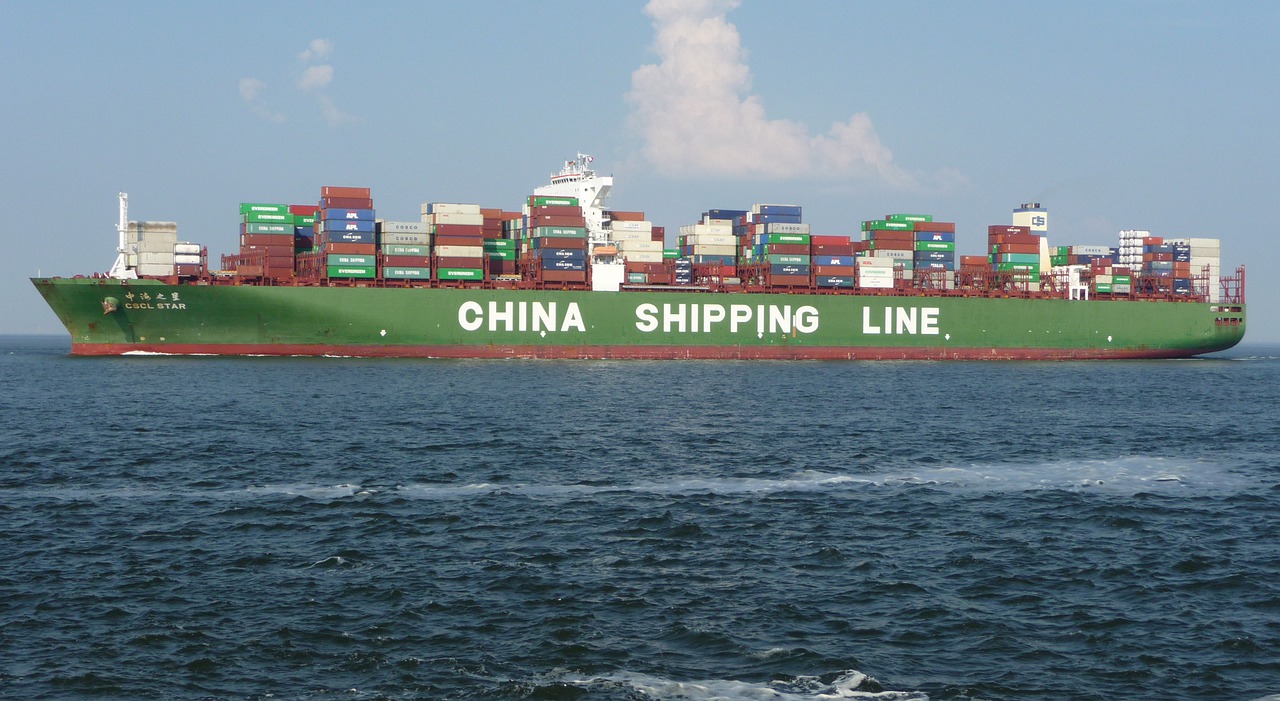Study says US manufacturers paid a price for China sourcing, while US-Mexico trade surpasses China
Firms with tier one suppliers in China had worse-performing supply chains and profitability says research, while Mexico is now the US’ top trade partner

Recent research has underlined the major shift going on in US trade patterns, as a study has found that US firms deeply entwined with China had more delays and a lower return on assets than those less reliant on sourcing from the Asian manufacturing giant.
The study from the Hong Kong Polytechnic University (PolyU) looked initially at the impact of trade tariffs on performance indicators for US firms with direct supplier connections in China.
They uncovered that US companies with tier-one suppliers in China faced an average 8.21 days of within their supply chains, while return on assets fell by 1.3%.
“Contrary to common belief, supply chain diversification not only failed to mitigate the trade war's negative impacts but actually worsened them," said one of the report’s authors, Dr. Di Fan. “Any trade barriers can undermine the opportunities of domestic companies to use offshored low-cost production, unique natural resources, and market expansion.”
Furthermore, the researchers note “that the negative impacts were more severe for firms with a higher degree of outsourcing, and horizontal and spatial supply base complexity.”
“Our findings suggest that a simplified supply chain might be more effective in increasing responsiveness,” said Dr. Yi Zhou from Monash University. “By streamlining processes and fostering closer coordination among supply chain partners, firms can be better positioned to deal with risk events like trade wars."
These findings underline a trend that supply chain managers and executives have known for some time now: that there is a need to adjust their production and transportation networks to reduce risk and increase flexibility.
This drive is pushing more trade to new locations, such as Vietnam, India and Mexico.
The latter crossed a huge milestone in the first third of 2023, as it surpassed China to become the largest trading partner with the US.
Total bilateral trade reached $263 billion during the first four months of this year. This marks an end to more than a decade of China sitting atop this measure.
According to the Dallas Fed, “Over the past 20 years, transportation has accounted for about 24.5% of total bilateral manufacturing trade, followed by computer and electronic equipment, 22.4%; electrical equipment, appliances and components, 8.5%; and machinery (excluding electrical), 7.7%.”
These sectors should continue to power growth according to Reuters Research, which found thar Mexico would be a major beneficiary from the move to redistribute electronics supply chains, for example.
